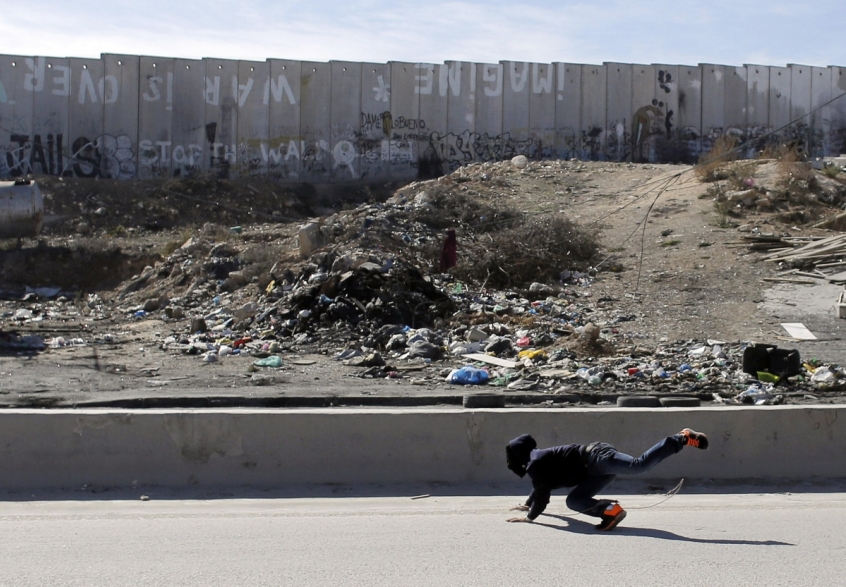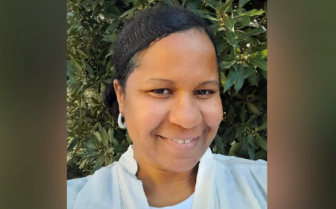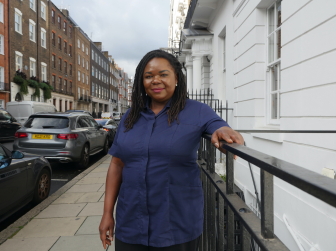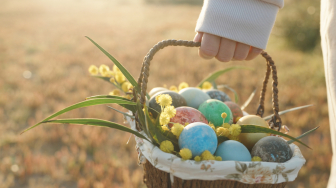
A large group of Palestinian Christians has written an open letter warning that they are 'on the verge of a catastrophic collapse' and that 'this could be our last opportunity to save the Christian presence in this land'.
The letter, sent from several dozen Palestinian Christian organisations that make up the National Coalition of Christian Organizations in Palestine (NCCOP) to the World Council of Churches (WCC), comes on the 100<sup>th anniversary of the Balfour declaration in which Britain agreed to a 'national home' for the Jewish people in Palestine.
'As we meet this month in Bethlehem in occupied Palestine, we are still suffering from 100 years of injustice and oppression that were inflicted on the Palestinian people beginning with the unjust and unlawful Balfour declaration...followed by the Israeli occupation of the West Bank including East Jerusalem and Gaza and the fragmentation of our people and our land through policies of isolation and confiscation of land, and the building of Jewish-only settlements and the Apartheid Wall [West Bank separation barrier],' the letter says.
'Things are beyond urgent. We are on the verge of a catastrophic collapse. The current status-quo is unsustainable. This could be our last chance to achieve a just peace. As a Palestinian Christian community, this could be our last opportunity to save the Christian presence in this land. Our only hope as Christians comes from the fact that in Jerusalem, the city of God, and our city, there is an empty tomb, and Jesus Christ who triumphed over death and sin, brought to us and to all humanity, new life.'
Referring to the Balfour declaration, the letter laments that, 'We are still suffering because of one political declaration from a Western empire, based on a twisted theological premise.'
It continues: '[A hundred] years later and there is still no justice in our land! Discrimination and inequality, military occupation and systematic oppression are the rule.'
The letter adds that now could be the 'last chance' for peace in the region, and goes on: 'Today, we stand in front of an impasse and we have reached a deadlock. Despite all the promises, endless summits, UN resolutions, religious and lay leader's callings – Palestinians are still yearning for their freedom and independence, and seeking justice and equality.'
The letter blames the Balfour declaration for the current situation. 'Could it be that we have reached this "impossible moment" because things were built from the very beginning – a hundred years ago – on an unjust premise? Should we expect that such an unjust declaration will create anything but strife and destruction?'









